
Naivasha: The Hidden Gem of Kenya's Great Rift Valley
Nestled in the heart of Kenya's Great Rift Valley, Naivasha is a picturesque town that offers an array of natural wonders and unique experiences. Known for its stunning freshwater lake, Lake Naivasha, the town is a haven for bird watchers and wildlife enthusiasts. Over 400 species of birds, including fish eagles and flamingos, can be spotted here, making it a paradise for ornithologists and nature lovers alike. For those seeking adventure, Naivasha is surrounded by some of Kenya's most breathtaking outdoor attractions. Hell's Gate National Park, just a short drive away, offers opportunities for hiking, rock climbing, and cycling through dramatic landscapes. The park is also home to a geothermal spa, where visitors can unwind in naturally heated pools. Crescent Island, accessible by boat from the shores of Lake Naivasha, provides a unique walking safari experience where you can stroll among zebras, giraffes, and antelopes. Naivasha is not only about natural beauty; it also boasts a rich cultural heritage. The town's vibrant flower farms, which produce a significant portion of the world's cut flowers, are a testament to the region's agricultural prowess. Visitors can tour these farms and learn about the intricate processes involved in flower cultivation. Additionally, the nearby town of Elsamere, once home to conservationist Joy Adamson of 'Born Free' fame, offers a glimpse into Kenya's conservation history and efforts to protect its wildlife.
Local tips in Naivasha
- Best Time to Visit: The dry season from June to October is ideal for wildlife viewing and outdoor activities.
- Boat Rides: Take a boat ride on Lake Naivasha for close encounters with hippos and a variety of bird species.
- Local Cuisine: Try the freshly-caught tilapia at one of the lakeside restaurants for an authentic taste of Naivasha.
- Safety: Be cautious around hippos, especially in the evening and at night, as they can be dangerous.
- Accommodations: Consider staying in one of the many lodges and campsites around the lake for a more immersive experience.
Naivasha: The Hidden Gem of Kenya's Great Rift Valley
Nestled in the heart of Kenya's Great Rift Valley, Naivasha is a picturesque town that offers an array of natural wonders and unique experiences. Known for its stunning freshwater lake, Lake Naivasha, the town is a haven for bird watchers and wildlife enthusiasts. Over 400 species of birds, including fish eagles and flamingos, can be spotted here, making it a paradise for ornithologists and nature lovers alike. For those seeking adventure, Naivasha is surrounded by some of Kenya's most breathtaking outdoor attractions. Hell's Gate National Park, just a short drive away, offers opportunities for hiking, rock climbing, and cycling through dramatic landscapes. The park is also home to a geothermal spa, where visitors can unwind in naturally heated pools. Crescent Island, accessible by boat from the shores of Lake Naivasha, provides a unique walking safari experience where you can stroll among zebras, giraffes, and antelopes. Naivasha is not only about natural beauty; it also boasts a rich cultural heritage. The town's vibrant flower farms, which produce a significant portion of the world's cut flowers, are a testament to the region's agricultural prowess. Visitors can tour these farms and learn about the intricate processes involved in flower cultivation. Additionally, the nearby town of Elsamere, once home to conservationist Joy Adamson of 'Born Free' fame, offers a glimpse into Kenya's conservation history and efforts to protect its wildlife.
When is the best time to go to Naivasha?
Iconic landmarks you can’t miss
Lake Naivasha Resort
Experience the beauty of Lake Naivasha at a serene resort hotel, offering nature, comfort, and adventure in one unforgettable destination.

Enashipai Resort & Spa
Experience unparalleled luxury and natural beauty at Enashipai Resort & Spa, the ultimate retreat on the shores of Lake Naivasha.

Lake Naivasha Sopa Resort
Discover serenity at Lake Naivasha Sopa Resort, a perfect blend of luxury, natural beauty, and adventure amidst Kenya's stunning landscapes.

Buffalo Mall Naivasha
Explore Buffalo Mall Naivasha, the ultimate shopping destination offering diverse retail, dining, and entertainment options amid the beauty of Naivasha.
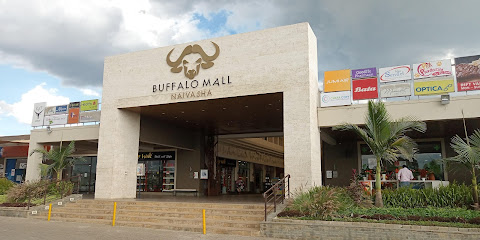
Panorama Park Hotel
Experience the beauty of Naivasha at Panorama Park Hotel, where comfort meets adventure in a stunning natural setting.
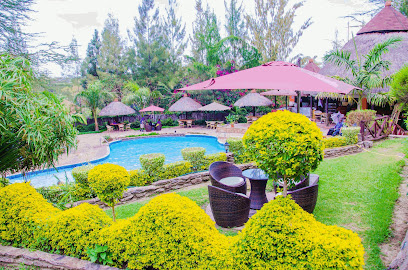
Java House
Experience the best of Kenyan cuisine at Java House, Naivasha - a delightful restaurant offering a rich variety of local and international dishes.
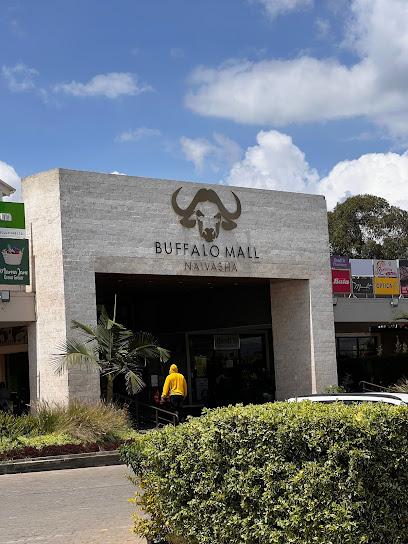
Lake Naivasha Crescent Camp
Experience the wonders of nature at Lake Naivasha Crescent Camp, a family-friendly retreat with adventure and relaxation by the serene lake.
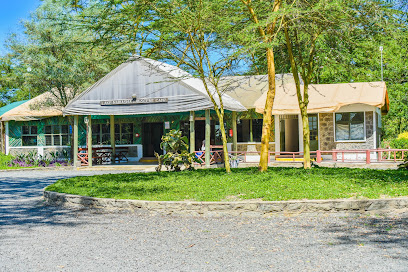
Lake Naivasha Country Club
Experience the beauty and tranquility of Lake Naivasha at the Lake Naivasha Country Club, where relaxation meets adventure in a stunning natural setting.
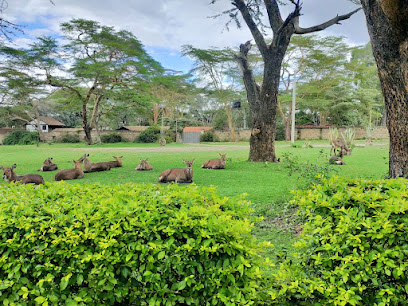
Burch's Resort Naivasha
Experience the tranquility of Burch's Resort Naivasha, where luxury meets nature on the shores of Lake Naivasha, ideal for relaxation and adventure.
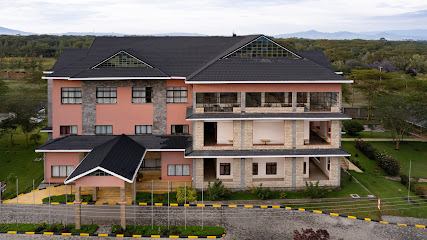
Naivasha Rocky Eco Lodge (Rocky Resort)
Discover tranquility and adventure at Naivasha Rocky Eco Lodge, a resort hotel harmonizing with nature for the perfect Kenyan getaway.
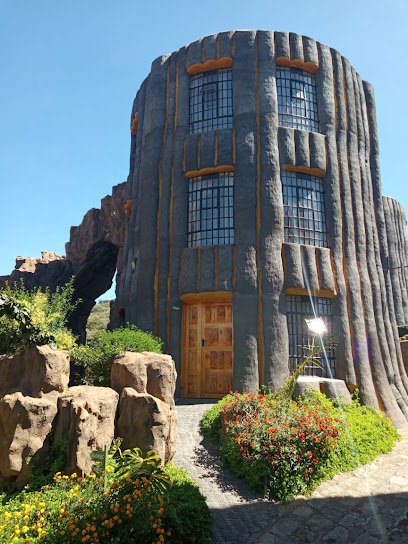
Lake Naivasha
Discover the serene beauty of Lake Naivasha, a perfect blend of stunning landscapes and rich wildlife experiences in the heart of Kenya.
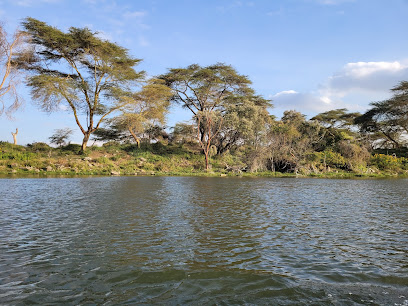
Hylise hotel
Discover comfort and tranquility at Hylise Hotel in Naivasha, a perfect blend of modern amenities and natural beauty in Kenya.
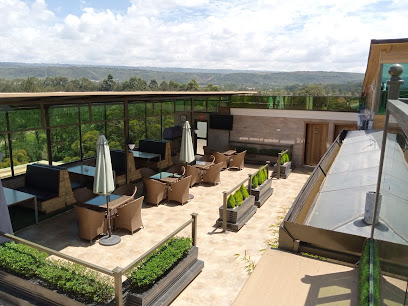
Eseriani The Hotel
Experience serenity and comfort at Eseriani The Hotel, your gateway to the stunning landscapes of Lake Nakuru and its vibrant wildlife.

Naivasha Peppercorn Holiday Resort
Experience the tranquil beauty of Naivasha at Peppercorn Holiday Resort – a perfect blend of relaxation and adventure in Kenya's Rift Valley.

Dove Nest Lodge
Experience the tranquility of Dove Nest Lodge in Naivasha, a perfect blend of nature, comfort, and adventure in the heart of Kenya.

Unmissable attractions to see
Aberdare National Park
Explore the enchanting landscapes and diverse wildlife of Aberdare National Park, a true gem in the heart of Kenya's wilderness.
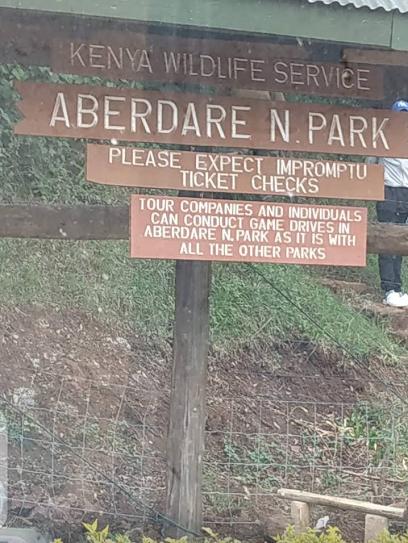
Mount Longonot National Park
Explore the breathtaking beauty of Mount Longonot National Park, a unique volcanic landscape full of adventure and wildlife in Kenya's Great Rift Valley.
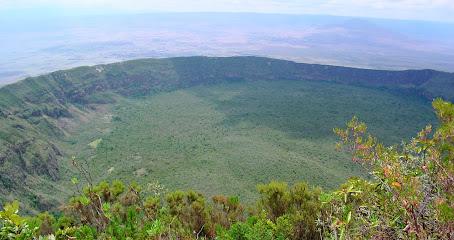
The Great Rift Valley View Point
Explore the stunning vistas of The Great Rift Valley View Point, a natural and historical wonder in Kenya's breathtaking landscapes.
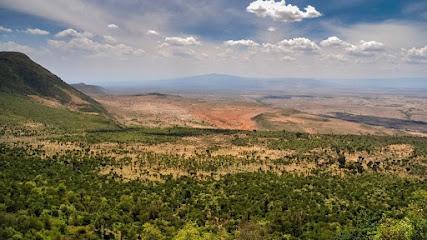
Mount Longonot
Explore the stunning landscapes and diverse wildlife of Mount Longonot, a must-visit hiking destination in the Great Rift Valley of Kenya.
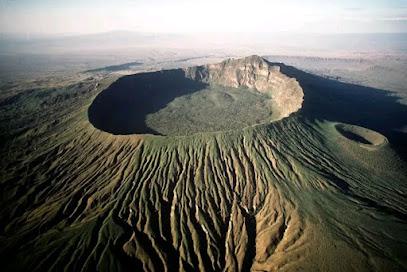
Crescent Island Game Sanctuary
Experience the breathtaking beauty and diverse wildlife at Crescent Island Game Sanctuary, a nature lover's paradise near Naivasha.
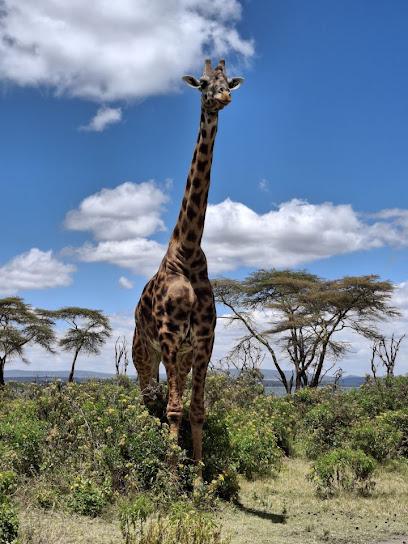
Lake Elementaita
Experience the serene beauty of Lake Elementaita, a vibrant wildlife haven in Kenya's Great Rift Valley, perfect for nature lovers and adventure seekers.
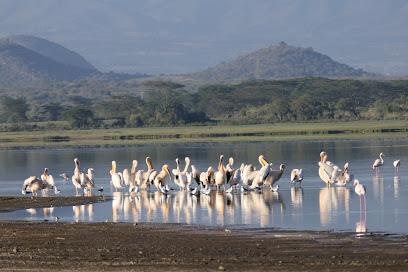
Crater Lake Tented Camp And Game Sanctuary
Explore the beauty of Lake Naivasha National Park, a serene retreat in Kenya perfect for wildlife enthusiasts and nature lovers.
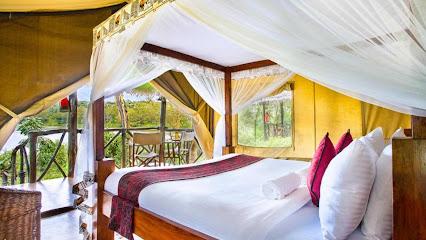
Mai Mahiu Catholic Church / Traveller's Church
Discover spiritual tranquility and community at Mai Mahiu Catholic Church, a serene haven for travelers along Kenya's A104 highway.
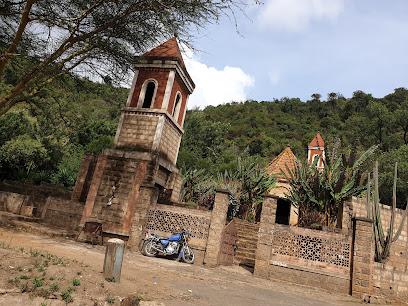
Camp Jaza
Experience the beauty of nature at Camp Jaza, a serene campground in Naivasha, perfect for outdoor adventures and relaxation.
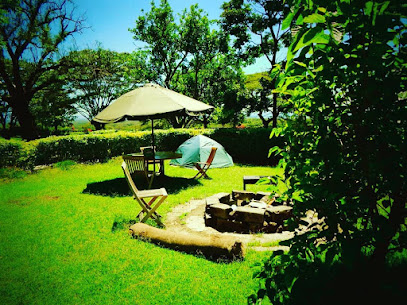
Watamu Boat Rides Naivasha
Explore the breathtaking waters of Lake Naivasha with Watamu Boat Rides, where stunning views and diverse wildlife await every visitor.
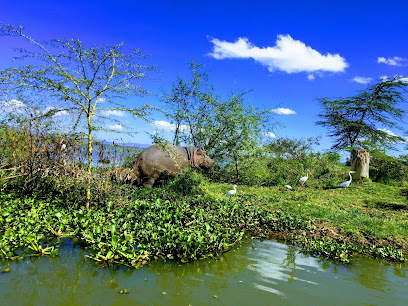
Lakes NAIVASHA - Crescent Island
Discover the beauty of Crescent Island on Lake Naivasha, where stunning landscapes and diverse wildlife await your exploration.
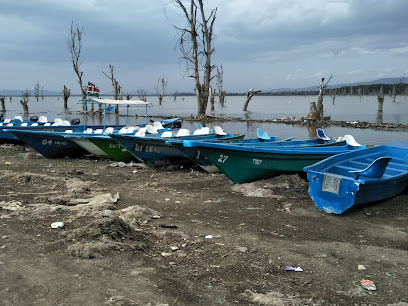
Crescent Island
Explore the enchanting Crescent Island, a wildlife sanctuary where nature thrives and adventure awaits at the shores of Lake Naivasha.
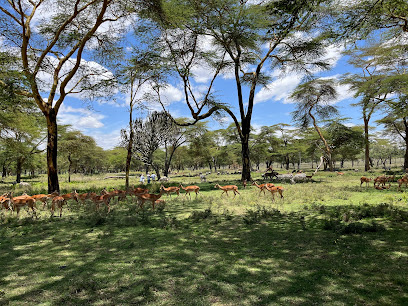
Kilimandege Sanctuary
Explore the breathtaking wildlife and stunning landscapes at Kilimandege Sanctuary, a premier wildlife refuge in Sulmac Village, Kenya.
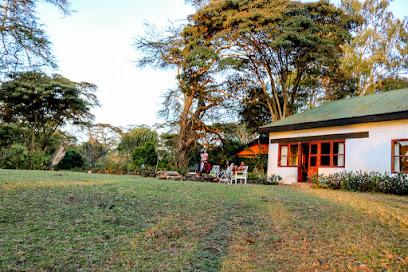
Kitaru
Explore Kitaru, a stunning tourist attraction in Naivasha, Kenya, showcasing breathtaking landscapes and rich biodiversity in a tranquil setting.
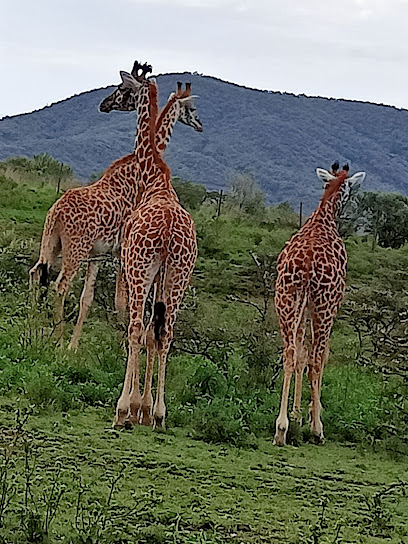
Karagita beach
Discover Karagita Beach, a serene oasis on Lake Naivasha, perfect for relaxation, family fun, and breathtaking sunsets in Kenya.
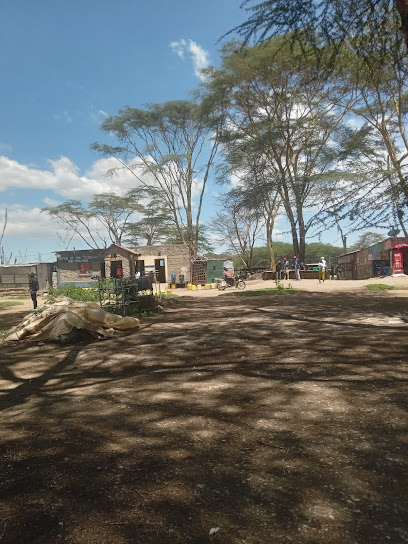
Essential places to dine
Java House
Discover the flavors of Kenya at Java House in Naivasha – where delicious cuisine meets warm hospitality.
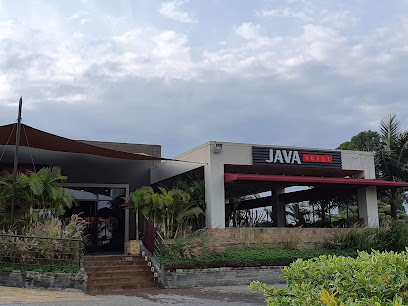
Mother's Kitchen Café
Experience authentic Kenyan flavors at Mother's Kitchen Café in Naivasha – where delicious food meets warm hospitality.
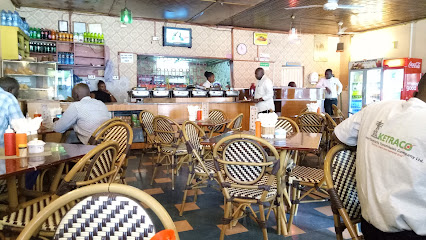
Njambi's Hotel Naivasha
Experience exceptional dining at Njambi's Hotel Naivasha - where local flavors meet international cuisine amidst stunning surroundings.
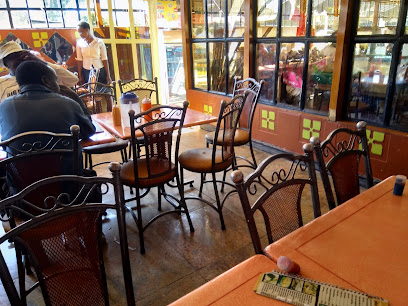
LEYIAN Grills Naivasha
Discover the vibrant culinary scene at LEYIAN Grills Naivasha, where grilled perfection meets local charm.
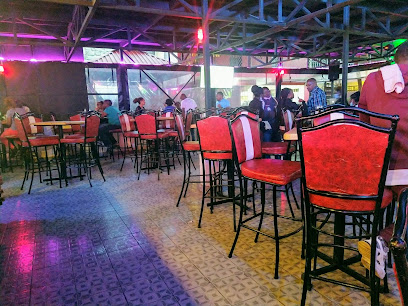
Mbuzi Munch Naivasha
Experience exquisite dining at Mbuzi Munch Naivasha, where local flavors meet stunning lakeside views for an unforgettable culinary journey.
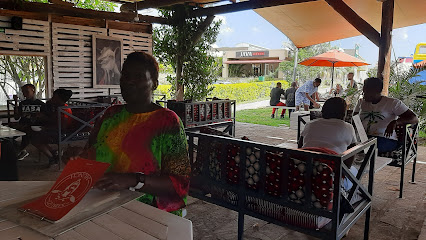
Jikoniz Grill Nyama choma
Experience authentic Kenyan cuisine at Jikoniz Grill Nyama Choma in Naivasha—delicious grilled meats served in a vibrant atmosphere.
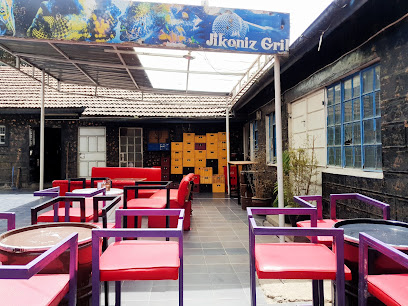
Olive Restaurant
Discover Olive Restaurant in Naivasha - where local flavors meet international cuisine in a welcoming atmosphere.
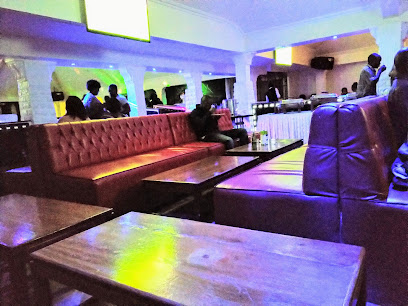
Biriyani Pot
Experience the authentic taste of India at Biriyani Pot in Naivasha - where aromatic biryani meets warm hospitality.
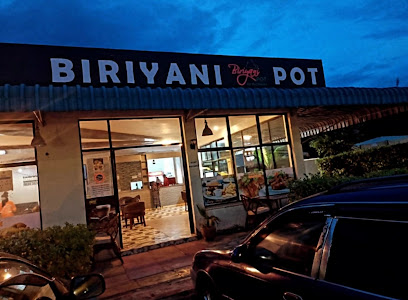
The Bancie Restaurant Ltd. Naivasha
Experience authentic Kenyan cuisine at The Bancie Restaurant Ltd., overlooking the serene waters of Lake Naivasha.
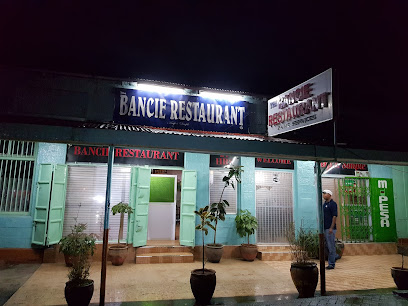
Urban Dining
Discover exceptional flavors at Urban Dining in Naivasha - where local ingredients meet global culinary trends.
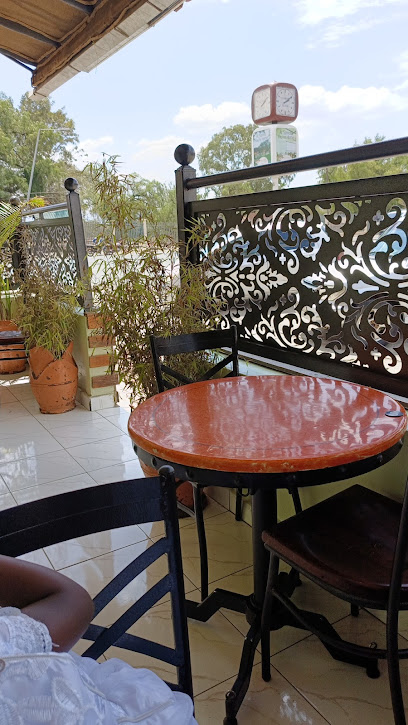
Pizza Base
Experience delectable pizzas crafted with fresh ingredients at Pizza Base in Naivasha—your go-to spot for culinary delight amidst stunning scenery.
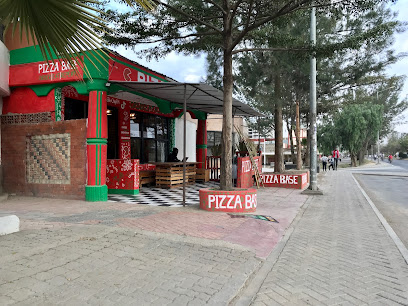
Willybears Grill
Experience authentic Kenyan cuisine at Willybears Grill in Naivasha—where flavor meets hospitality in every bite.

Grand Cafe
Experience fast food bliss at Grand Cafe in Naivasha – where flavor meets convenience amidst breathtaking landscapes.
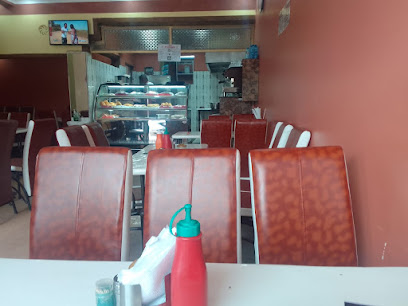
Garden Villa Annex Naivasha
Experience delightful dining at Garden Villa Annex Naivasha, where local flavors meet stunning natural beauty for an unforgettable culinary journey.
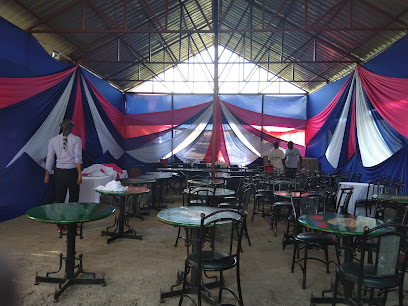
pho shizzle restaurant
Discover unique flavors at Pho Shizzle Restaurant in Naivasha - where delicious meets delightful in every dish.
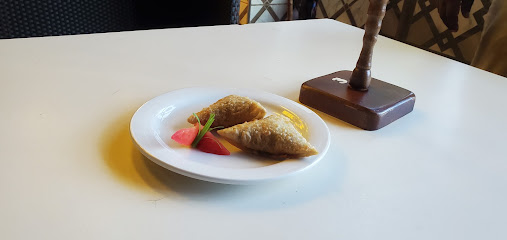
Markets, malls and hidden boutiques
Naivasha Kilishop
Discover Naivasha Kilishop, a vibrant shopping mall offering a unique blend of local culture and modern retail experiences in the heart of Naivasha.
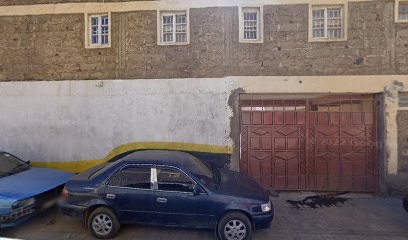
Ukweli Uniform Supermarket Naivasha
Explore local fashion at Ukweli Uniform Supermarket in Naivasha, showcasing quality clothing and authentic Kenyan styles for every traveler.
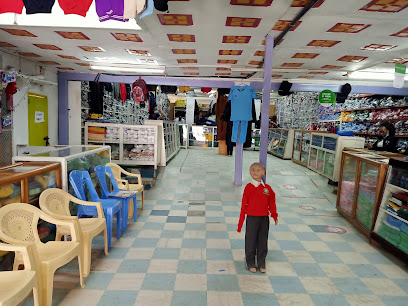
Think Twice Second Hand Clothes - Naivasha
Explore sustainable fashion with unique finds at Think Twice Second Hand Clothes in Naivasha, a local favorite for thrifty shoppers and fashion enthusiasts.
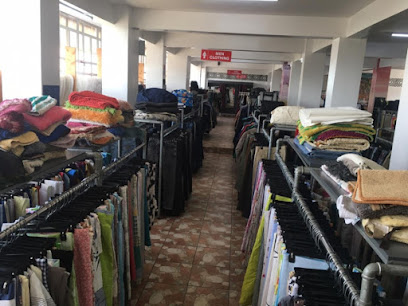
Atlas Collection
Explore the vibrant Atlas Collection in Naivasha for unique fashion that blends local craftsmanship with contemporary style.
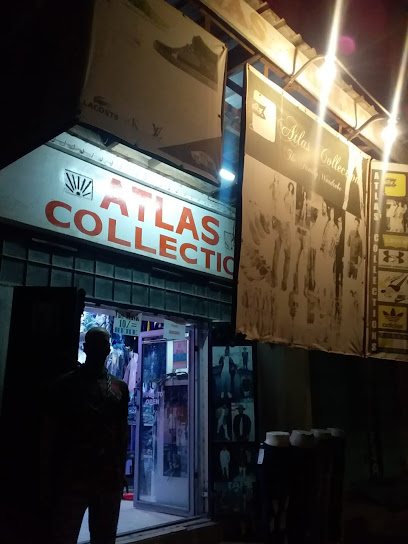
BIGBOYZ_ESSENTIALS
Explore Bigboyz Essentials for unique fashion accessories that embody style and local craftsmanship, perfect for enhancing your wardrobe or finding the ideal gift.
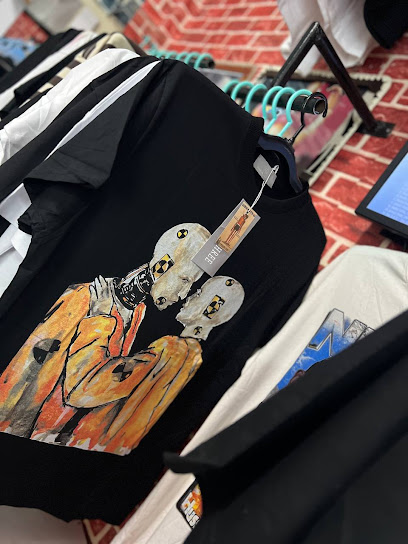
Elite Styles
Explore Elite Styles in Naivasha for a unique blend of local and contemporary fashion, offering stylish attire and memorable souvenirs.
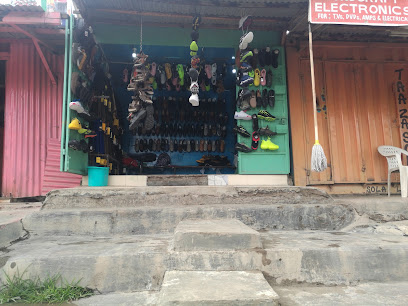
Meli-Kings
Explore Meli-Kings in Naivasha for trendy clothing that captures the essence of local style and culture. A must-visit for fashion enthusiasts!
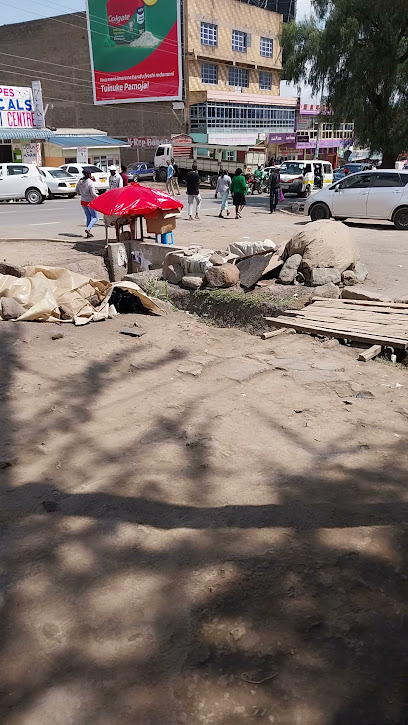
Buffalo Creations
Explore Buffalo Creations: A treasure trove of unique Kenyan gifts and crafts in Naivasha, perfect for souvenirs and cultural keepsakes.
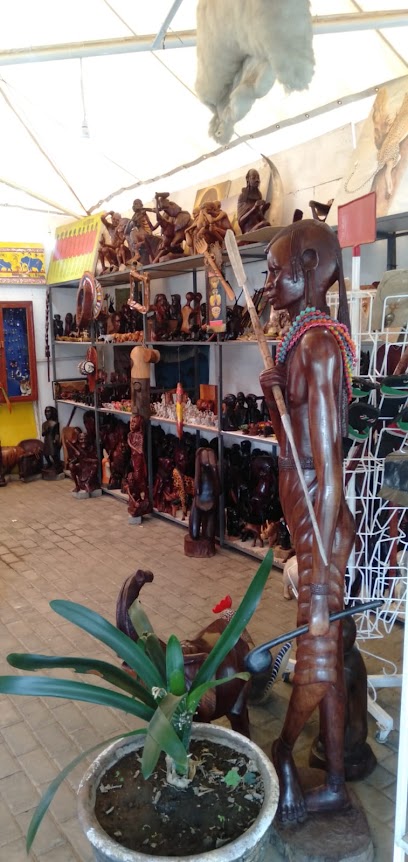
GRASMO BOUTIQUE @ Naivasha
Discover unique Kenyan fashion at GRASMO BOUTIQUE in Naivasha—an essential stop for stylish souvenirs and local craftsmanship.
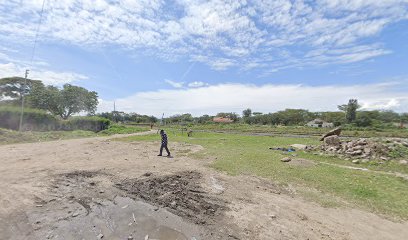
Kariuki's shop
Discover the local charm and vibrant culture of Naivasha at Kariuki's Shop, your go-to destination for authentic Kenyan goods.
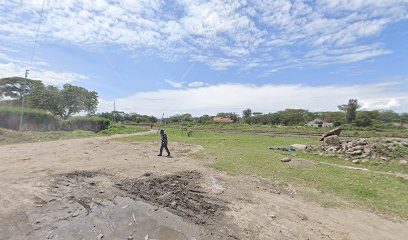
Jimmy Shop
Explore the enchanting world of antiques at Jimmy Shop in Naivasha, where every item tells a story waiting to be discovered.
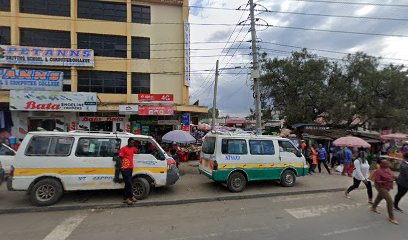
WINFREK COLLECTION
Explore the vibrant fashion scene at Winfrek Collection in Naivasha, where unique styles and quality apparel await every visitor.
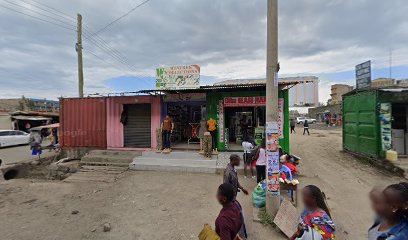
PALGRA BOUTIQUE
Discover unique fashion pieces at Palgra Boutique, a must-visit clothing store in Naivasha, showcasing local designs in a charming setting.
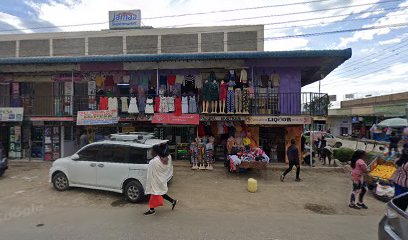
Touch Of Class Boutique
Explore unique fashion and accessories at Touch Of Class Boutique in Naivasha, offering stylish options for every occasion.
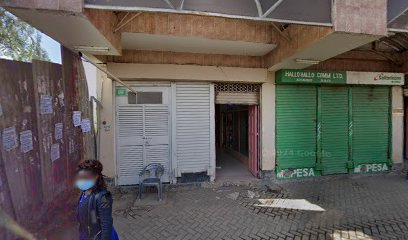
Datec Gen Shop
Explore Datec Gen Shop in Naivasha for unique antiques and cultural treasures that tell the story of Kenya's rich heritage.
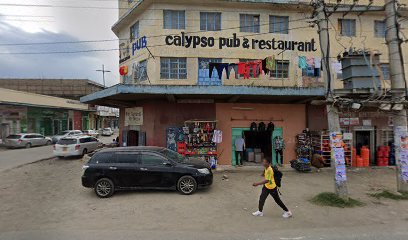
Essential bars & hidden hideouts
LEYIAN Grills Naivasha
Experience the vibrant flavors of grilled cuisine at LEYIAN Grills Naivasha, a culinary gem in the heart of Kenya's stunning landscapes.
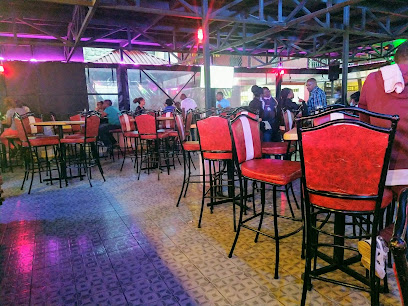
Jikoniz Grill Nyama choma
Experience the authentic taste of Kenya at Jikoniz Grill Nyama Choma in Naivasha, where grilled meats and local flavors come together.
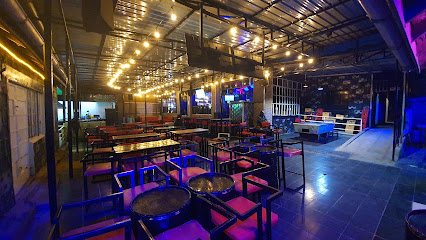
Club Option 2
Savor the vibrant grill flavors at Club Option 2 in Naivasha, where delicious food meets a lively atmosphere perfect for tourists.
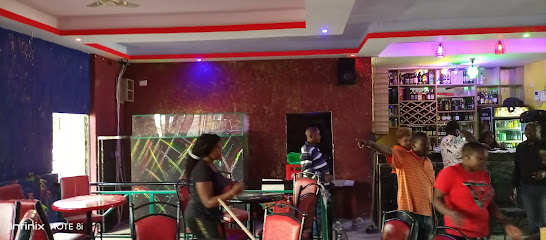
Cephas Lounge
Experience the vibrant atmosphere at Cephas Lounge in Naivasha, where great drinks and local culture come together for an unforgettable night out.
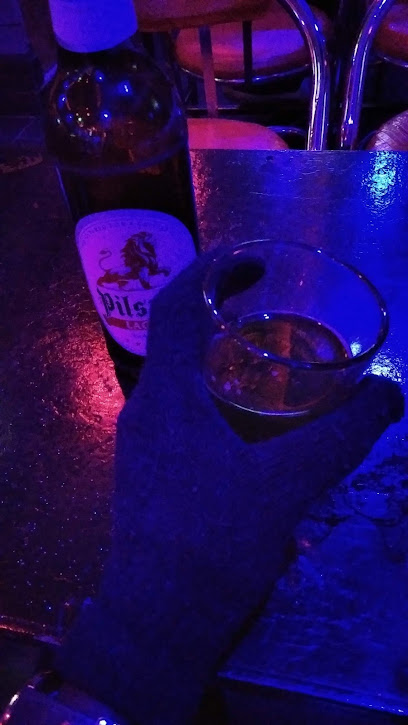
Skylux Club Naivasha
Discover Skylux Club Naivasha: A lively bar offering great drinks, local music, and stunning views of the picturesque landscape.
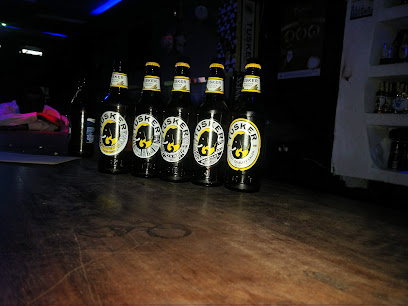
Vatcan Lounge
Experience the vibrant flavors of Naivasha at Vatcan Lounge, where delicious grilled cuisine meets a relaxed, friendly atmosphere.
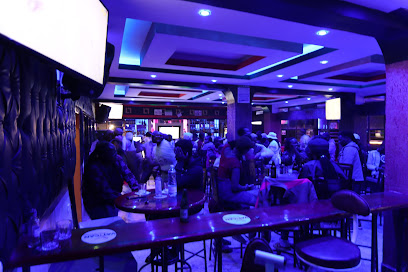
Acacia Grill & Club
Experience the charm of Acacia Grill & Club in Naivasha, where relaxation meets delightful flavors and a friendly atmosphere.
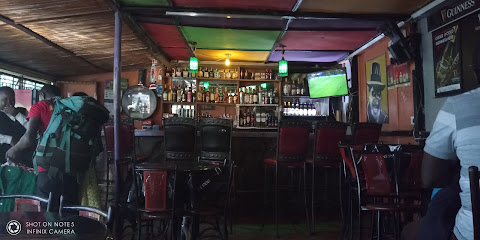
MOJITOS NIGHT CLUB NAIVASHA...
Discover the lively Mojitos Night Club in Naivasha, where delicious grills and vibrant nightlife unite for an unforgettable experience.
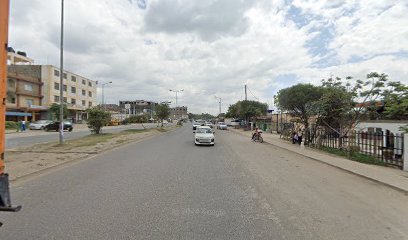
Areacode liquor store
Discover the vibrant atmosphere of Areacode Liquor Store in Naivasha, where local spirits and friendly vibes come together.
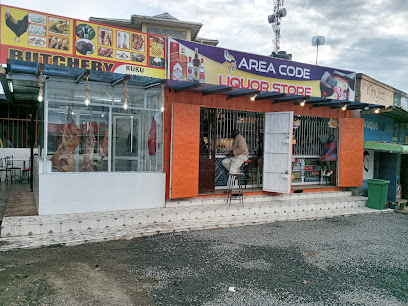
Lips Lounge
Experience the vibrant nightlife at Lips Lounge, Naivasha's premier bar, offering creative cocktails and a lively atmosphere for an unforgettable evening.
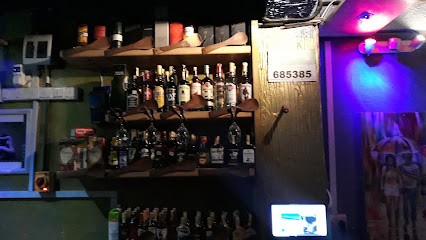
Marangi Bar
Experience the vibrant atmosphere of Marangi Bar in Naivasha, a perfect retreat for travelers seeking relaxation and local culture.
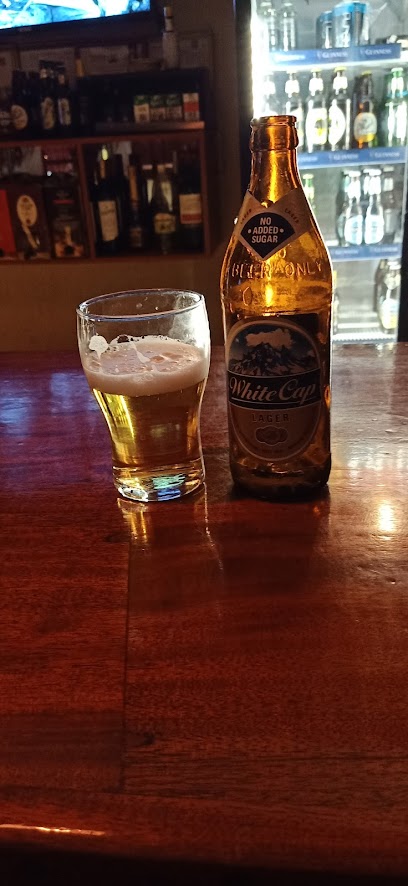
Rosewood Bar
Discover the charm of the Rosewood Bar in Naivasha, where refreshing drinks meet stunning natural beauty in a cozy atmosphere.
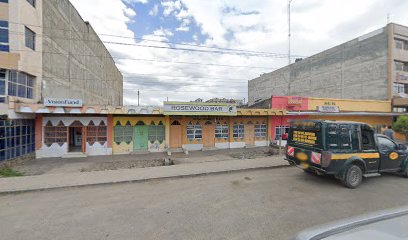
Jemos Wines & Spirits
Experience the vibrant atmosphere of Jemos Wines & Spirits, an essential pub in Naivasha, offering a diverse selection of wines and spirits in a welcoming setting.
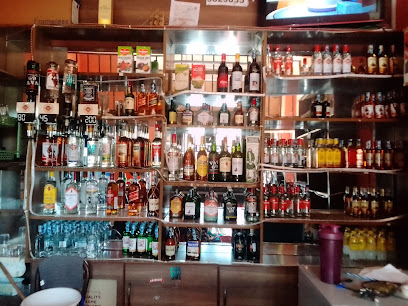
Kanyua Sports Bar & Restaurant
Experience the vibrant flavors and lively atmosphere at Kanyua Sports Bar & Restaurant in Naivasha, where great food meets local culture.
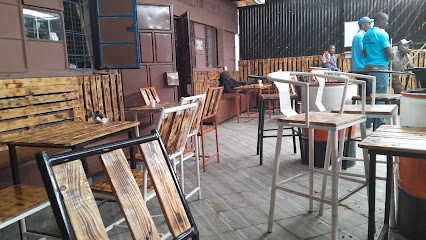
Travel experiences inspired by this city
Explore more travel diariesLocal Phrases
-
- HelloSalamu
[sa-la-mu] - GoodbyeKwaheri
[kwa-he-ri] - YesNdio
[n-dio] - NoHapana
[ha-pa-na] - Please/You're welcomeTafadhali
[ta-fa-dha-li] - Thank youAsante
[a-san-te] - Excuse me/SorrySamahani
[sa-ma-ha-ni] - How are you?Uko vipi?
[u-ko vi-pi] - Fine. And you?Sawa. Na wewe?
[sa-wa na we-we] - Do you speak English?Unasema Kiingereza?
[u-na-se-ma kin-ge-re-za] - I don't understandSieelewi
[si-e-le-wi]
- HelloSalamu
-
- I'd like to see the menu, pleaseNingependa kuona menyu, tafadhali
[nin-ge-pen-da ku-o-na men-yu ta-fa-dha-li] - I don't eat meatMimi si kula nyama
[mi-mi si ku-la nya-ma] - Cheers!Mambo!
[mam-bo] - I would like to pay, pleaseNingependa kulipa, tafadhali
[nin-ge-pen-da ku-li-pa ta-fa-dha-li]
- I'd like to see the menu, pleaseNingependa kuona menyu, tafadhali
-
- Help!Msaada!
[m-sa-a-da] - Go away!Ondoka!
[on-do-ka] - Call the Police!Piga polisi!
[pi-ga po-li-si] - Call a doctor!Piga daktari!
[pi-ga dak-ta-ri] - I'm lostNimepotea
[ni-me-po-te-a] - I'm illNinaumwa
[ni-na-um-wa]
- Help!Msaada!
-
- I'd like to buy...Ningependa kununua...
[nin-ge-pen-da ku-nu-nu-a] - I'm just lookingNatazama tu
[na-ta-za-ma tu] - How much is it?Bei ni ngapi?
[bei ni nga-pi] - That's too expensiveHilo ni ghali sana
[hi-lo ni gha-li sa-na] - Can you lower the price?Unaweza kupunguza bei?
[u-na-we-za ku-pun-gu-za bei]
- I'd like to buy...Ningependa kununua...
-
- What time is it?Saa ngapi?
[sa-a nga-pi] - It's one o'clockSaa moja
[sa-a mo-ja] - Half past (10)Nusu saa kumi
[nu-su sa-a ku-mi] - MorningAsubuhi
[a-su-bu-hi] - AfternoonMchana
[m-cha-na] - EveningJioni
[jo-ni] - YesterdayJana
[ja-na] - TodayLeo
[le-o] - TomorrowKesho
[ke-sho] - 1Moja
[mo-ja] - 2Mbili
[m-bi-li] - 3Tatu
[ta-tu] - 4Nne
[n-ne] - 5Tano
[ta-no] - 6Sita
[si-ta] - 7Saba
[sa-ba] - 8Nane
[na-ne] - 9Tisa
[ti-sa] - 10Kumi
[ku-mi]
- What time is it?Saa ngapi?
-
- Where's a/the...?Iko wapi...?
[i-ko wa-pi] - What's the address?Ni anwani gani?
[ni an-wa-ni ga-ni] - Can you show me (on the map)?Unaweza kunionyesha (kwenye ramani)?
[u-na-we-za ku-nio-nye-sha kwe-nye ra-ma-ni] - When's the next (bus)?Basi la pili ni saa ngapi?
[ba-si la pi-li ni sa-a nga-pi] - A ticket (to ....)Tiketi (kwenda ....)
[ti-ke-ti kwen-da]
- Where's a/the...?Iko wapi...?
History of Naivasha
-
Before the arrival of Europeans, the area around Naivasha was home to indigenous communities such as the Maasai, who roamed the Rift Valley with their cattle. The rich lands and abundant water sources made it an important area for pastoralism. The name 'Naivasha' is derived from the Maasai word 'Enaiposha,' meaning 'heaving' or 'rough water,' referring to the sudden storms that can occur on Lake Naivasha.
-
In the late 19th century, European explorers and missionaries began to venture into the Naivasha region. One notable figure was Joseph Thomson, a Scottish geologist and explorer, who passed through Naivasha in the 1880s during his expeditions. These early encounters set the stage for the eventual colonization of Kenya by the British.
-
The construction of the Uganda Railway, which began in the late 19th century, had a profound impact on Naivasha. The railway reached Naivasha in 1900 and transformed it into a key transit point for goods and passengers. This development attracted settlers and boosted the local economy, turning Naivasha into a vibrant colonial town.
-
During World War II, Naivasha played a significant role as a site for internment camps. Italian prisoners of war and internees were held in camps around the area. The camps had a lasting impact on the town's infrastructure and demographics, as many former internees chose to settle in Naivasha after the war.
-
Following Kenya's independence in 1963, Naivasha experienced rapid growth and development. The establishment of flower farms around Lake Naivasha in the 1980s turned the town into a hub for horticulture, attracting both local and international investment. The horticulture industry has since become a cornerstone of Naivasha's economy.
-
In recent decades, Naivasha has emerged as a popular tourist destination, known for its stunning landscapes, wildlife, and proximity to Nairobi. The establishment of conservation areas such as Hell's Gate National Park and the Crescent Island Game Sanctuary has helped protect the region's biodiversity while promoting eco-tourism. These efforts have made Naivasha a key attraction for both domestic and international tourists.
Naivasha Essentials
-
Naivasha is located in the Rift Valley region of Kenya, approximately 90 kilometers northwest of Nairobi. The nearest international airport is Jomo Kenyatta International Airport (NBO) in Nairobi. From Nairobi, you can reach Naivasha by car via the A104 highway, a journey that typically takes around 1.5 to 2 hours. Alternatively, you can take a matatu (shared minibus) or a shuttle bus from Nairobi's city center to Naivasha. Private transfers and taxi services are also available for a more comfortable ride.
-
Within Naivasha, local transportation options include taxis, boda-bodas (motorcycle taxis), and matatus. Taxis can be hired for short trips or for the day, and it is advisable to negotiate the fare in advance. Boda-bodas are a quick and affordable way to navigate through the town but exercise caution and wear a helmet. Matatus operate on fixed routes and are the most cost-effective mode of transport. For exploring the surrounding areas, renting a car or hiring a private driver can provide more flexibility.
-
The official currency in Kenya is the Kenyan Shilling (KES). Credit and debit cards are widely accepted in hotels, restaurants, and larger shops, but it is advisable to carry cash for smaller establishments, local markets, and transportation. ATMs are available in Naivasha, but ensure your card is compatible with Kenyan banking networks. Currency exchange services are also available in major banks and some hotels.
-
Naivasha is generally safe for tourists, but standard precautions should be taken. Avoid walking alone at night, especially in secluded areas. Petty crimes such as pickpocketing can occur, so keep your belongings secure and be vigilant in crowded places. While most areas in Naivasha are safe, it is advisable to avoid slum areas and poorly lit neighborhoods at night. Always use reputable transportation services, and do not display valuables openly.
-
In case of emergency, dial 999 or 112 for immediate assistance. Naivasha has police stations and medical facilities, including Naivasha Sub-County Hospital. It is recommended to have travel insurance that covers medical emergencies. For minor health issues, pharmacies are available where you can purchase over-the-counter medications. Keep emergency contact numbers handy and know the location of the nearest medical facility.
-
Fashion: Do dress modestly, especially when visiting local communities and religious sites. Avoid wearing overly revealing clothing. Religion: Do respect local customs and traditions. When visiting places of worship, dress conservatively and remove your shoes if required. Public Transport: Do be respectful and polite. Don't be loud or disruptive on public transport. Greetings: Do greet people with a handshake or a simple nod. A smile and a polite 'Jambo' (hello) go a long way. Eating & Drinking: Do try local delicacies and be open to new food experiences. Don't refuse hospitality, as it is considered impolite.
-
To experience Naivasha like a local, visit the local markets such as the Naivasha Market where you can buy fresh produce, handcrafted goods, and souvenirs. Engage with locals, who are often friendly and willing to share insights about the culture and history. Don't miss a visit to Lake Naivasha for a boat ride to see hippos and a variety of bird species. For a unique experience, explore Hell's Gate National Park, which offers picturesque landscapes and geothermal activity. Consider staying at a locally-owned guesthouse or lodge to support the local economy and get a more authentic experience.
Trending Landmark in Naivasha
-
Lake Naivasha Resort
-
Enashipai Resort & Spa
-
Lake Naivasha Sopa Resort
-
Buffalo Mall Naivasha
-
Panorama Park Hotel
-
Java House
-
Lake Naivasha Crescent Camp
-
Lake Naivasha Country Club
-
Burch's Resort Naivasha
-
Naivasha Rocky Eco Lodge (Rocky Resort)
-
Lake Naivasha
-
Hylise hotel
-
Eseriani The Hotel
-
Naivasha Peppercorn Holiday Resort
-
Dove Nest Lodge
Nearby Cities to Naivasha
-
Things To Do in Nakuru
-
Things To Do in Nairobi
-
Things To Do in Eldoret
-
Things To Do in Kisumu
-
Things To Do in Kitale
-
Things To Do in Arusha
-
Things To Do in Moshi
-
Things To Do in Mbale
-
Things To Do in Jinja
-
Things To Do in Mwanza
-
Things To Do in Kampala
-
Things To Do in Entebbe
-
Things To Do in Singida
-
Things To Do in Malindi
-
Things To Do in Lira











